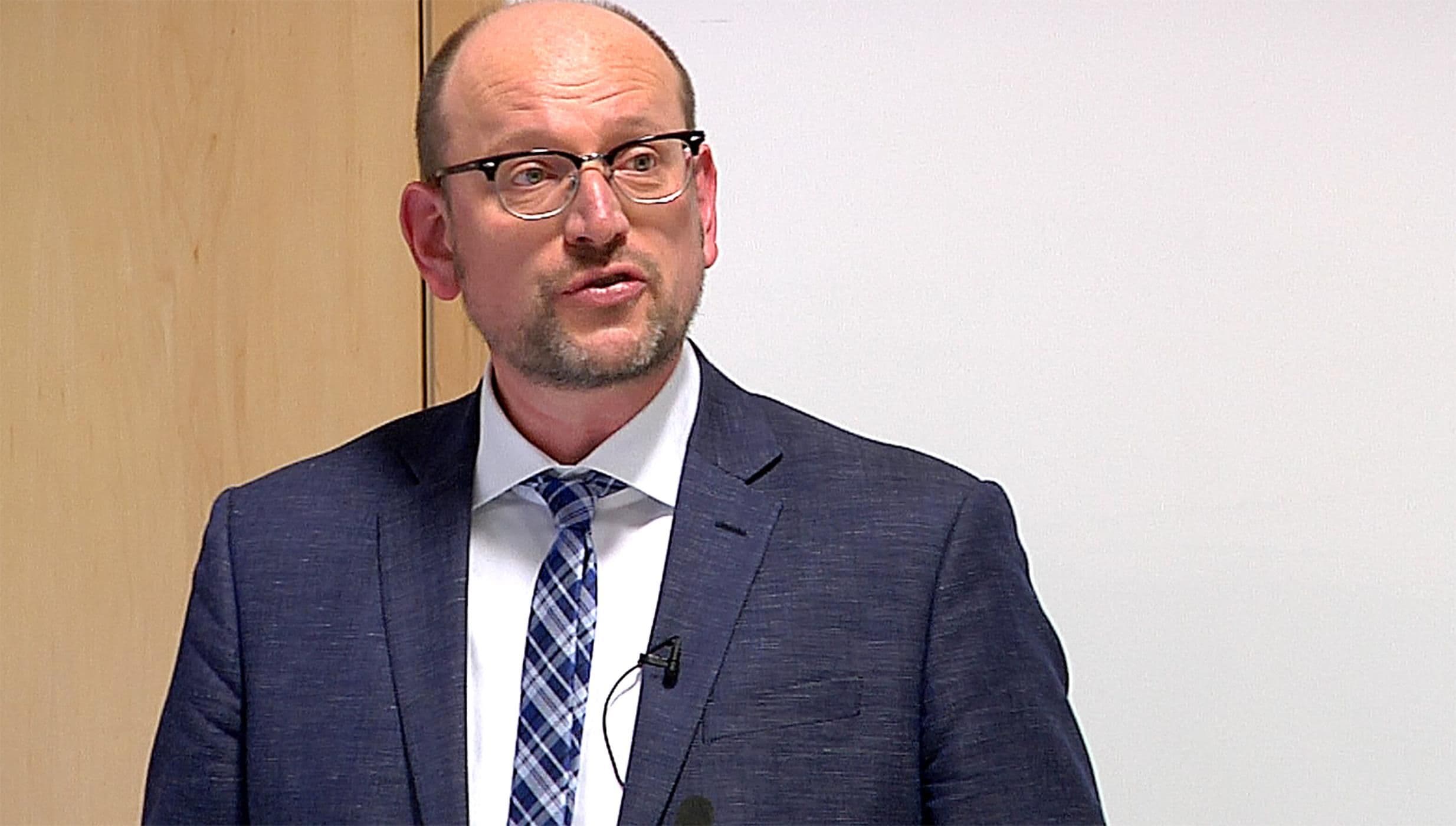Miscellaneous
Between Diabolical Instigations and Criminal Combinations: Conspiracy Theories in Political Trials, 16th-19th century A public lecture with André Krischer (University of Münster) Abstract Conspiracy theories were not only a conspicuous element of public discourses in early modern England, spread by countless pamphlets and other sorts of printed media since the late 16th century. They also played a crucial role in political trials. As a result of the specific understanding of treason in common law as an ’imagination of the king’s death’, a traitor was always a conspirator, in league with the devil. This narrowing of conspiracy and treason was an important factor for the popular understanding of conspiracies as a deadly threat to state and society. In my lecture, I will show how conspiracy theories became an indispensable element of the legal language used in treason trials and how such trials served as propagators of conspiratorial narrations. I will also look at the discursive changes that took place during the period under investigation. When treason allegations became critical around 1800, political crimes were reinvented as ‘seditious conspiracies’, still bearing the notion of dangerous subversions and machinations. While my lecture is primarily concerned with England, I will give a comparative perspective on conspiracy theories in political trials in the Holy Roman Empire and show how the legal definitions were influenced by the English model. Biography André Krischer studied history, philosophy and English literature in Cologne and Bonn. He completed his D.Phil. in 2006 and Habilitation in 2015. He is currently a Lecturer in British history at the University of Münster, Germany, where he is also a Principal Investigator on the DFG-Collaborativ Research Centre ‘Cultures of Decision Making’ (SFB 1150) and on the Cluster of Excellence ‘Religion and Politics’ (EXC 212). He is interested in the cultural history of diplomacy and foreign relation in the early modern world, the visual history of religious violence, the history of bureaucratic and parliamentary procedures of decision making and the history of political crime. The history of conspiracies is a major focal point in his forthcoming book on the history of treason and treason trials in England from the 16th to the middle of the 19th century (which will be published with Aschendorff Books in 2017) and also of two volumes which he is editing. One is a cultural history of treason and treason discourses from the antiquity to the present (Verräter. Kulturgeschichte eines Deutungsmusters, Cologne (Böhlau) 2017), and the other is a collection of essays on assassinations and conspiracies as political crimes, ca. 1400-1900 (forthcoming with Constance University Press in 2017).

